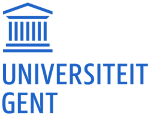Education and training
Below all marine academic training courses are listed in which partners of the Marine@UGent cluster are active.
Urbanism and Spatial Planning
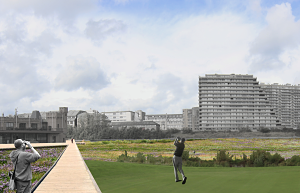
The department of Mobility and Spatial Planning, led by professor Allaert, is partly in charge of the two-year Master’s programme in Urbanism and Spatial Planning. Besides a wide array of theoretical courses, they offer three practical courses, called ‘Studios’, where the students are challenged to apply their theoretical knowledge to a practical exercise. One theme within the Studio spatial analysis and regional project has for instance been on regional designs at the coast.
International Master of Aquaculture programme
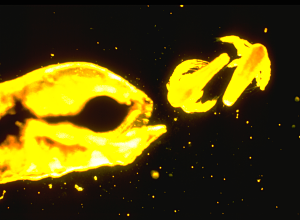
The department of Mobility and Spatial Planning, led by professor Allaert, is partly in charge of the two-year Master’s programme in Urbanism and Spatial Planning. Besides a wide array of theoretical courses, they offer three practical courses, called ‘Studios’, where the students are challenged to apply their theoretical knowledge to a practical exercise. One theme within the Studio spatial analysis and regional project has for instance been on regional designs at the coast.
Oceans and Lakes
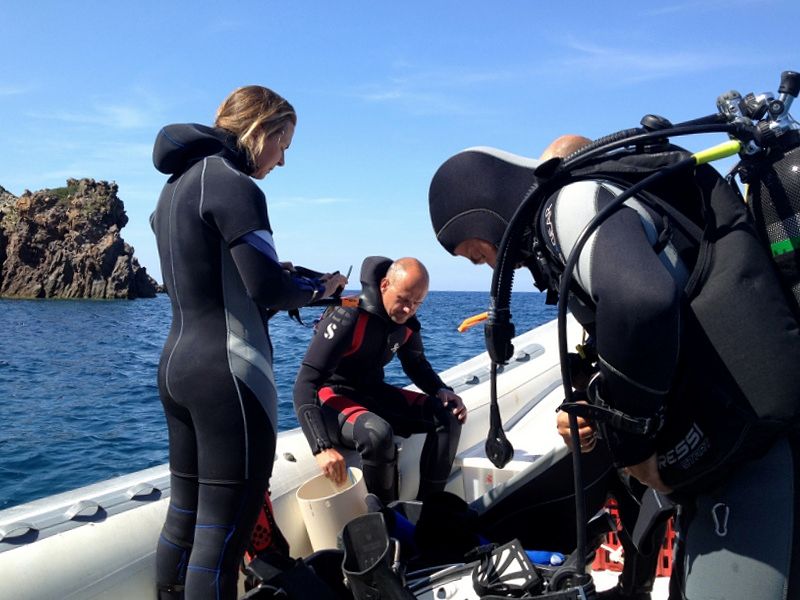
The Marine Biology Research Group, led by professors Vincx, Vanreusel and Moens, is involved in the two-year interuniversity Master programme Oceans and Lakes, organised by the Vrije Universiteit Brussel, Antwerp University, and Ghent University. Using a multidisciplinary approach, the aim is to prepare students for an active role in the scientific research and management of marine and lacustrine systems. Physical, chemical, geological, ecological and societal aspects are adopted and include furthermore nature conservation and sustainable development.
International Master of Science in Marine Biodiversity and Conservation (EMBC+)
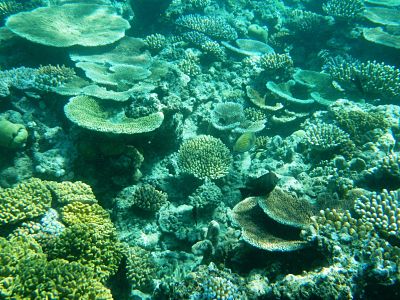
The Marine Biology Research Group is furthermore involved in the International Master of Science in Marine Biodiversity and Conservation (EMBC+), which is offered by a consortium of 7 universities: Ghent University in Belgium, University of Bremen in Germany, University of the Algarve in Portugal, University of Pierre et Marie Curie in France, University of Oviedo in Spain, University of Klaipèda in Lithuania and GMIT, Galway, Ireland. Student mobility (at least for 1 semester) is an integral and compulsory part of this Master programme. The study focus is on the understanding of the structure and function of marine biodiversity, hands on training on tools for investigating marine biodiversity, and conservation and restoration of marine habitats. Practical field trainings (scientific diving, sea-going trips, summerschool,... is jointly organized).
Master of Science in Nematology
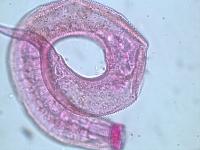
The Nematology Research Group, led by professor Decraemer, organises the Master of Science in Nematology, and covers training and research on the morphology, systematics and biology of different types of nematodes in all possible environments, including brackish and marine habitats. To this end, the Marine Biology Research Group is also involved in this programme.
Master in Maritime Science
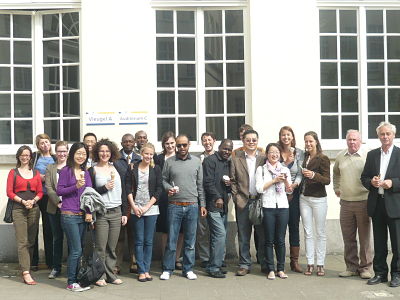
The Maritime Institute, led by professors Somers, Maes and Cliquet, is involved in the interuniversity Master in Maritime Science, organised by Ghent University and the University of Antwerp. This master after master programme focuses on 3 pillars: the juridical, economical and technical pillar in maritime transport.
Centre Environmental Science and Technology

- The Master of Science in Environmental Sanitation is an accredited two-year study programme (in English) which aims to educate environmental scientists with ample knowledge of (1) the concepts and issues associated with environmental pollution, (2) the detection and quantification of environmental contamination, (3) the possible impact of environmental pollutants on ecosystems and biota, and (4) the available technologies for the prevention and remediation of environmental pollution. Read more here.
- The International Master of Science in Environmental Technology and Engineering (IMETE) is an international Erasmus Mundus programme which trains students to apply and develop environmental technologies. Read more here.
- The Advanced Master Technology for Integrated Water Management takes sustainable and integrated water management as a starting point. Read more here.
- The Master na Master in Environmental Sanitation and Management (in Dutch) offers multidisciplinary courses in environmental sciences, environmental technologies and environmental management. This is an accredited course recognised by the government as additional training for Environmental Coordinators. Read more here.
